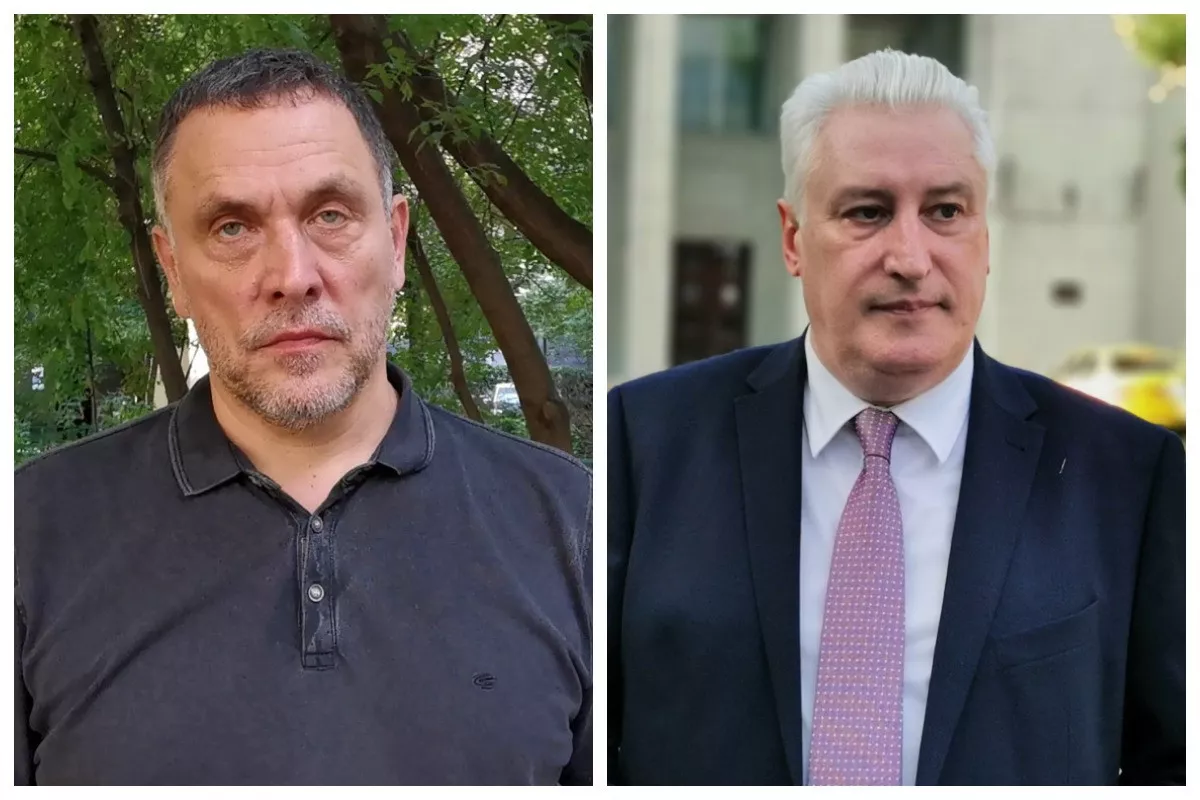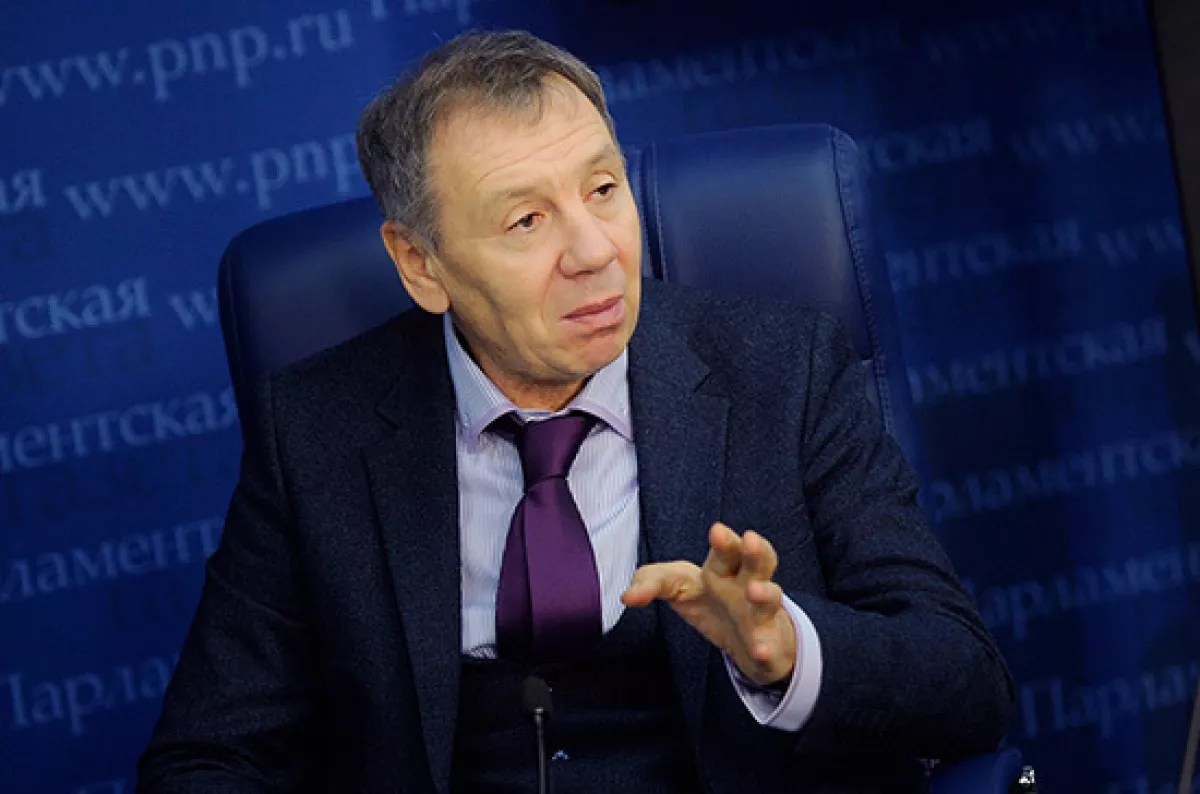Common sense amid the storm A few words on the “witch hunt” in Russia
The recently held 3rd Shusha Global Media Forum, like its two predecessors, became a landmark event for the entire region. A key highlight, as is tradition, was the meeting with President Ilham Aliyev, who addressed numerous questions from the international media and expert community.
The range of issues touched upon by the president included various aspects of Azerbaijan’s state policy, with a particular emphasis on foreign affairs. Among other matters, the president also addressed the crisis in Azerbaijan–Russia relations.
It is important to note here that the growing tensions have placed certain members of the Russian expert community in an awkward position—especially those who sincerely believe that cooperation with Azerbaijan is one of the fundamental prerequisites for Russia’s successful policy in the South Caucasus.
However, it is not difficult to see that the frenzy stirred up against Azerbaijan by various figures within the Russian Z-space has created an atmosphere in which many experts and journalists prefer to refrain—not even from expressing sympathy for Azerbaijan—but from offering even a basic, rational analysis of the situation. This tension was also reflected in the level of participation of Russian representatives at the media forum in Khankendi.
For instance, this time around, prominent Russian public figures such as Maksim Shevchenko and Igor Korotchenko chose not to take part in the event. Their decision is understandable: in an environment where any attempt to engage in dialogue with Azerbaijan—or with any country that has complicated relations with Moscow—becomes grounds for public persecution, even moderate positions become vulnerable.

In these circumstances, the courage of those who, fully aware of the backlash they might face, still chose to attend the forum is all the more valuable. These individuals are driven by a clear-eyed assessment of the situation and by the conviction that this perspective must be shared with a wider audience. They understand that Azerbaijan’s actions are not fuelled by geopolitical ambitions or a desire to contradict Russia’s interests, but by dissatisfaction with specific incidents—be it the AZAL aircraft episode or the events in Yekaterinburg. They are convinced that Russia’s interests in the South Caucasus and beyond must be built on cooperation. And they seek to present their country as a reliable partner, not a threat.
One such individual is Sergey Markov. Not only did he attend the event, but he also gave an interview to journalists, in which he described Azerbaijani President Ilham Aliyev as a brilliant intellectual and one of the most experienced leaders of the modern world—someone from whom many other leaders would do well to learn.

Following this, Markov naturally became a target of attacks from the Z-community. We will not quote the comments made by various bloggers and propagandists of that camp here, as they are filled not only with malice and hatred but often with obscene language as well.
That said, Markov is far from an easy target. “My advice to everyone: do not help the enemies of Russia. That includes not interfering with our work for the good of Russia—don’t pour water on the enemies’ mill. If you’re unsure what to think, say, or do—just read Putin, Lavrov, and Peskov. Think accordingly. And let me be absolutely clear: anyone who harshly attacks political analyst Sergey Markov is acting in the interests of Russia’s enemies and Putin’s enemies. Some do it out of ignorance, others deliberately, and some for money,” said the political scientist in response to the vile smear campaign unleashed against him.
We do not aim to act as defenders of Sergey Markov—especially since, as noted above, he is more than capable of standing up for himself. Our purpose is simply to highlight the distinction between the thinking expert class, the intelligentsia in the true sense of the word, and those who reduce public discourse to shouting triumphalist and ultra-patriotic slogans.
Sergey Markov remains a patriot of his country, but his patriotism is expressed through a desire to see Russia engage in cooperation with other nations—not as a “fortress under siege by enemies,” a narrative embodied by the so-called “Z-heroes” or modern-day “Black Hundreds,” whose raison d’être seems to lie in spreading hatred. This distinction must be both recognised and acknowledged.








